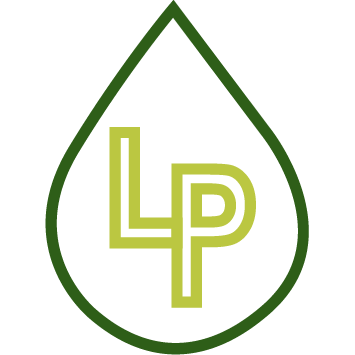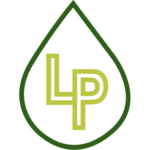- Know Your Plumbing System: Understand the layout of your plumbing system. Locate the main shut-off valve, water meter, and any other important components. This knowledge will be crucial in case of emergencies.
- Find and Label Shut-Off Valves: Identify and label all shut-off valves in your home. This includes individual fixtures as well as the main water shut-off valve. This will make it easier to isolate problems without disrupting the entire water supply.
- Regularly Inspect for Leaks: Keep an eye out for any signs of leaks, such as water stains, dampness, or unusual sounds. Addressing leaks promptly can prevent water damage and save you money on your water bill.
- Use Thread Seal Tape (Teflon Tape): When connecting threaded pipes or fittings, use thread seal tape to create a watertight seal. Wrap the tape around the threads in the direction of the threads to prevent leaks.
- Avoid Overtightening: Over-tightening pipes and fittings can lead to damage. Use the appropriate tools and follow recommended torque specifications. Hand-tighten first and then use a wrench to snugly secure the connection.
- Install Water Hammer Arrestors: Water hammer, caused by sudden water pressure changes, can damage pipes and fixtures. Install water hammer arrestors, which absorb the shock and prevent loud banging noises in the pipes.
- Insulate Pipes in Cold Areas: In cold climates, insulate exposed pipes to prevent freezing. Frozen pipes can burst and cause significant damage. Insulation helps maintain a consistent temperature and protects against cold weather.
- Use Plungers and Snakes: Learn how to use a plunger and a plumbing snake to clear clogs in drains. These basic tools can save you from calling a plumber for minor blockages in sinks, toilets, and drains.
- Be Cautious with Chemical Drain Cleaners: While chemical drain cleaners can be effective, they can also damage pipes and are harmful to the environment. Consider using alternative methods like a plunger or a plumbing snake first, and use chemical cleaners sparingly.
- Know When to Call a Professional: While many plumbing issues can be addressed on your own, some problems require professional expertise. If you’re unsure or if the problem is complex, it’s better to call a licensed plumber to prevent further damage.
Remember, safety is crucial when working with plumbing. If you’re unsure about a task or if it involves gas lines, always consult with a professional plumber to ensure the work is done safely and correctly.

